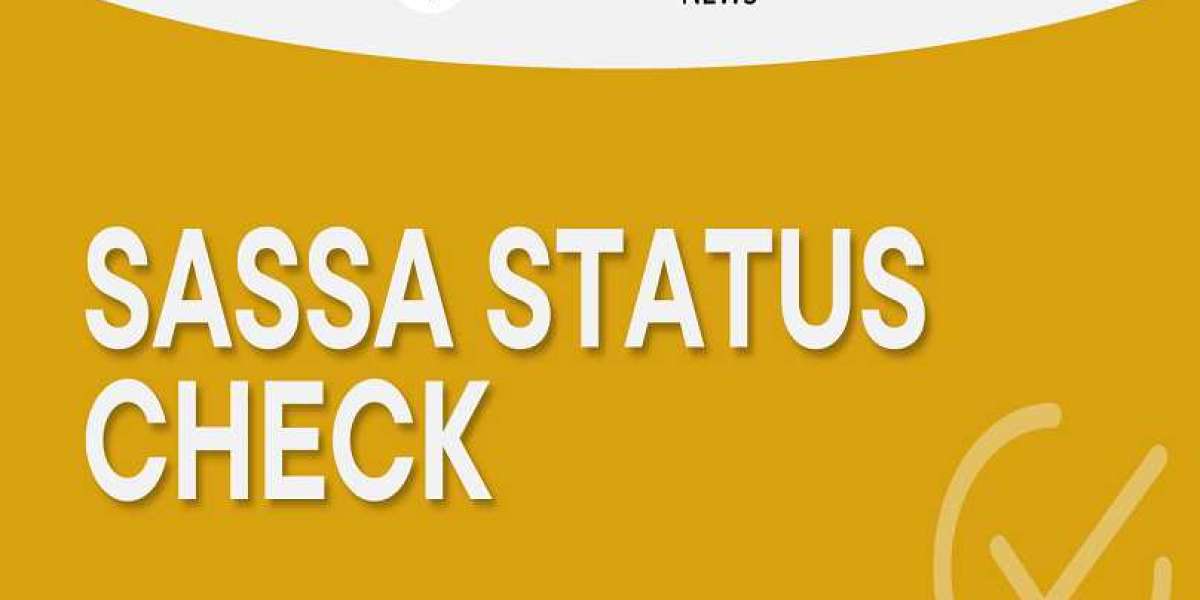Having an incorrect SRD (Single Resolution and Recovery Directive) status can have several consequences, primarily in the context of banking and financial institutions. Here are some potential consequences:
Regulatory Compliance Issues: Incorrect SRD status may lead to non-compliance with regulatory requirements imposed by financial authorities. This can result in penalties, fines, or other regulatory actions against the institution.
Loss of Investor Confidence: Inaccurate srd status check can erode investor confidence in the affected institution. Investors rely on accurate and transparent information to assess the financial health and risk profile of a bank. Misrepresenting SRD status can undermine trust and lead to a loss of investor support.
Funding and Liquidity Challenges: SRD status affects an institution's eligibility for certain types of funding, including access to central bank facilities. If the SRD status is incorrect, it can impact the institution's ability to secure necessary funding and maintain liquidity. This can create financial difficulties and potentially lead to a liquidity crisis.
Reputational Damage: Incorrect SRD status can damage the reputation of the institution. News of inaccurate reporting can spread quickly, causing reputational harm and making it challenging to attract customers, business partners, and investors.
Legal and Financial Liability: Providing false or inaccurate SRD status may have legal implications, potentially exposing the institution and its responsible individuals to legal action. This can result in litigation, financial penalties, and reputational damage.
It's essential for financial institutions to ensure accurate and up-to-date reporting of their SRD status to comply with regulatory requirements and maintain transparency and trust within the financial ecosystem.





